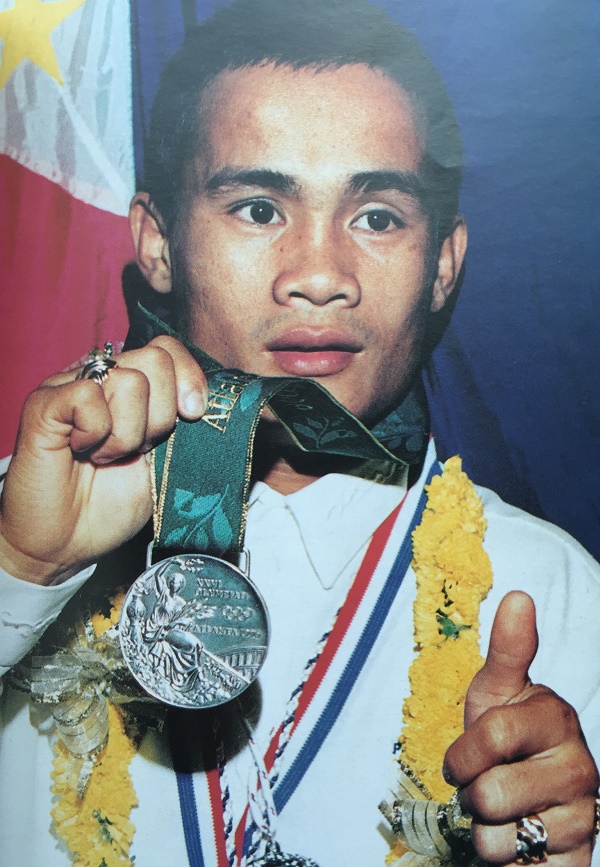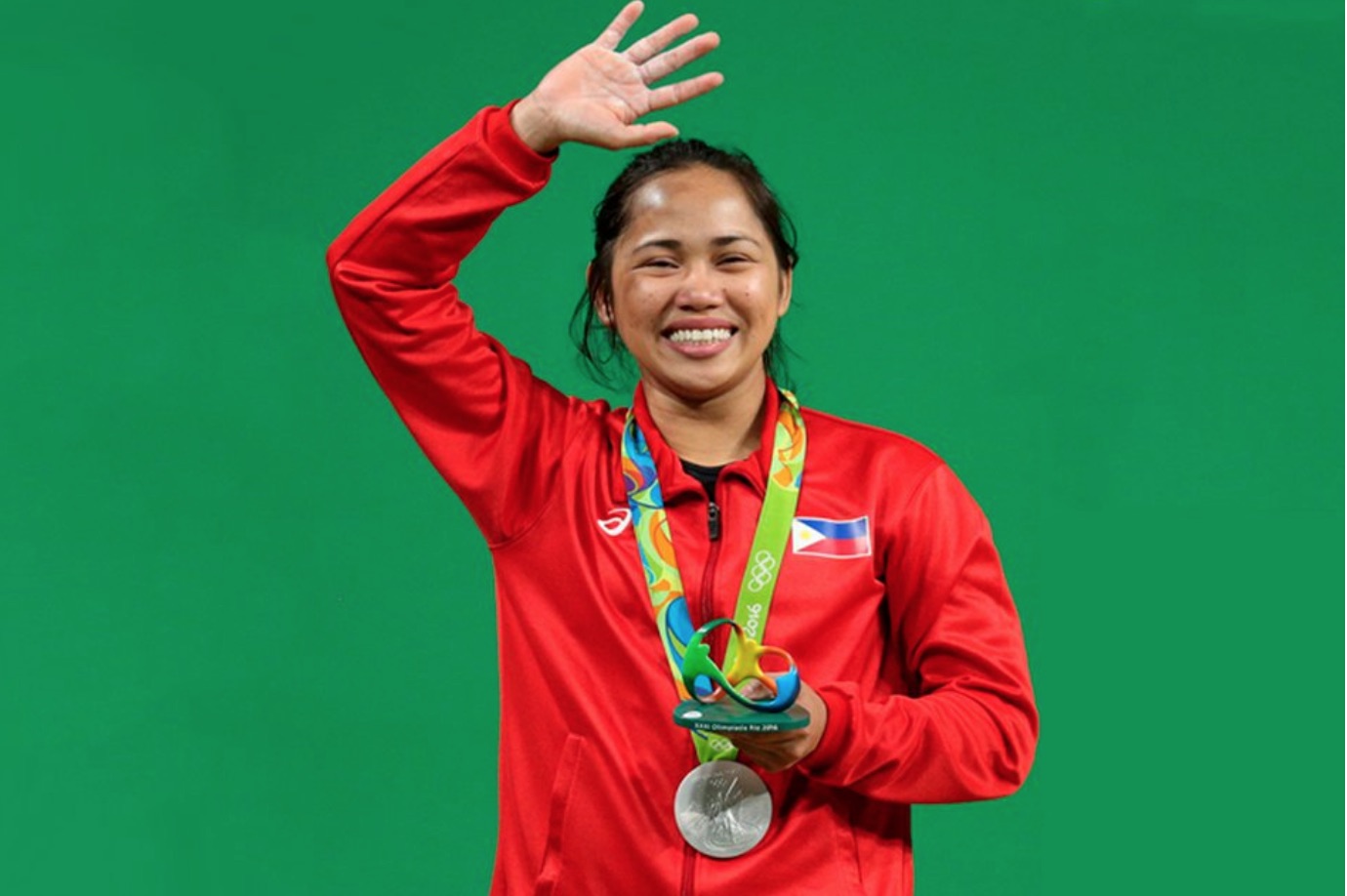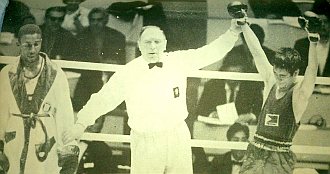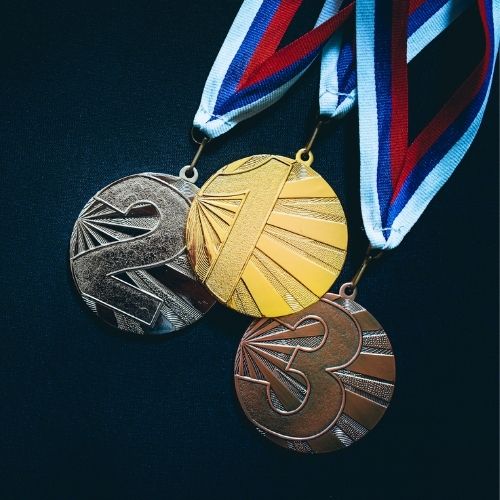Why the Philippines has yet to win an Olympic gold
It’s been nearly a century since the Philippines started participating in the Olympics—and all the country can show for in terms of performance is a collection of three silvers and seven bronzes in 21 appearances.
The long wait for the elusive gold medal has dragged into an arduous journey of frustration, exasperation and disappointment. The Philippines holds the dubious distinction of being No. 2 in the world for compiling the most Olympic gold-less medals with 10. Malaysia is No. 1 with 11.
But competing in the Olympics isn’t just about winning. Booking a ticket to the quadrennial sports spectacle is a feat in itself, whether an athlete makes it as an outright qualifier or through a continental quota slot or a universality allocation or an accommodation as a “wildcard” invitee by the International Olympic Committee.
The spirit of the Olympics, after all, isn’t about winning, it’s about participating. Still, the measure of success in sports is reaching the pinnacle, ascending the throne to give honor to one’s country. A podium finish is the goal and the ultimate dream is to bring home the gold.
The Philippines made its Olympic debut at the eighth Summer Games in Paris in 1924 with sprinter David Nepomuceno as the lone representative. He ran the 100 and 200-meter events, failing to qualify for the quarterfinals. In all, the Philippines has sent over 400 athletes to the Olympics. The largest delegation was the 53-strong contingent in 1972, which marked the last outing of the national basketball team at the Summer Games.
Hidilyn Diaz’s silver in 2016 was the country’s first Olympic medal in 20 years. Five of the Philippines’ total of 10 medals are from boxing, two from athletics, two from swimming and one from weightlifting.
The Philippines’ three silvers came from Anthony Villanueva in featherweight boxing in 1964, Onyok Velasco in lightflyweight boxing in 1996, and weightlifter Hidilyn Diaz in 2016.
Diaz’s silver was the country’s first Olympic medal in 20 years. Five of the Philippines’ 10 medals were from boxing, two from athletics, two from swimming and one from weightlifting. The most productive Philippine campaign in the Olympics was in 1932 when the harvest produced three medals. In no other Olympics has the Philippines taken more than one medal.
Almost, but not quite
Twice, the Philippines was within reach of a gold. Villanueva barged into the boxing final at the 1964 Tokyo Games but lost a split decision to Russian Stanislav Stepashkin to settle for the silver. In 1996, Velasco also reached the final only to drop a disputed decision to Bulgarian Daniel Petrov Bojilov.
In 2016, Diaz earned a bronze in women’s 53-kilogram weightlifting then was elevated to silver when front-running Li Yajun lost a sure gold and struck out on three failed attempts to crack the world record. Diaz lifted a total of 200 kilograms compared to 212 by Chinese-Taipei’s Hsu Shu-Ching who wound up with the gold. So Diaz wasn’t close to first place.

Curiously, the Philippines should’ve won not one but two golds at the 1948 London Olympics. But Victoria Manalo, born in San Francisco to a Filipino father and an English mother, chose to compete for the US, not the Philippines. At the time, Manalo was 24 and could not opt for dual citizenship because of her marriage to American Lyle Draves. Manalo won a gold each in springboard and platform diving. She was the first female diver ever to win two gold medals in the same Olympics and the first Asian-American Olympic medalist in history.
In 1949, Manalo visited the Philippines where she performed in exhibitions in Cebu, went to her father’s hometown in Orani and paid a courtesy call on Philippine President Elpidio Quirino at Malacañang Palace.

The Philippines’ Olympic performance pales in comparison with Southeast Asian neighbor Thailand. In 16 Olympic appearances since 1952, Thailand has accumulated 33 medals—nine golds, eight silvers and 16 bronzes. Five of the nine golds were from women’s weightlifting and four were from boxing. Thailand has won a medal in the last 10 Olympics. In 2011, Thailand’s sports budget amounted to the equivalent of P14.4 billion compared to the Philippines’ P962 million.
The disparity was a clear indication that Thailand placed a higher priority on sports than the Philippines. Incidentally, countries that have captured at least a gold in the Olympics include Vietnam, Singapore, Hong Kong, United Arab Emirates, Kosovo, Syria, Jordan, Mongolia and Fiji.
Lack of coordination
There are several reasons why the Philippines has sadly lagged behind in the quest for Olympic gold. First was the lack of coordination between the government agency Philippine Sports Commission (PSC) and the private organization Philippine Olympic Committee (POC).
The PSC is tasked to focus on grassroots development but holds the purse strings to finance the upkeep of national athletes. The POC is made up of National Sports Associations (NSAs) whose concentration is to develop elite athletes. Unfortunately, the leadership in several NSAs has been corrupted by politics, graft, nepotism and incompetence.
The Philippines’ Olympic performance pales in comparison with Southeast Asian neighbor Thailand. In 16 Olympic appearances since 1952, Thailand has accumulated 33 medals—nine golds, eight silvers and 16 bronzes. Five of the nine golds were from women’s weightlifting and four were from boxing.
Second was the shotgun approach in channeling meager resources to a myriad of sports, leading to a dissipation of focus. In hunting for gold, the approach must be to concentrate on niche sports, individual events with weight classifications where the chances of survival are 50-50. Boxing, judo, weightlifting, karate, taekwondo and wrestling are sports that come to mind in contrast to athletics, swimming and shooting where there are no weight restrictions.
Third was the confusion on the remittance of government funding for sports. The law requires PAGCOR (Philippine Amusement and Gaming Corporation) to remit 5% of gross revenues to the PSC or about P200 million a month. For some reason, what is deposited to the PSC coffers is far less than 5%.

Fourth was the need for a strong sports infrastructure to bring out fresh talent from the grassroots to include a school system that puts an emphasis on physical education. The reliance on Fil-foreign athletes to fill up the country’s Olympic gaps is a short-term measure that should be revisited. The institution of a National Academy of Sports and a National Training Center is a step in the right direction.
Finally, the shortage of competent coaching and equipment. Transfer of technology from foreign experts is essential to prepare for the future. Fortunately, these factors have been addressed by the PSC and POC in recent years.
Moving forward
As the Tokyo Olympics are just around the corner, the indicators of a Philippine reversal are evident. The success of the Philippine delegation to win overall honors at the 2019 Southeast Asian Games is a sign that the country’s sports program is finally moving forward.
POC president Abraham “Bambol” Tolentino cited four factors in painting a bright future for Philippine sports. “First is the close coordination between the POC and PSC, second is government support (P2 billion for over 100 Olympic hopefuls in 18 sports since 2016), third is the private sector’s confidence in the new POC mandate and finally, the momentum of our performance at the 2019 SEA Games,” he pointed out.

PSC chairman William (Butch) Ramirez said if the government created a Department of Sports, it would be a major advantage. “We could amend the law and stipulate that PAGCOR remit its 5% to the department aside from a budget through general appropriations,” he said. “With a Department of Sports, the PSC would cease to exist. A Secretary of Sports would be at Cabinet level and in a position to advance a genuine sports program. But even if there is a Department of Sports, if there is no inter-government collaboration and no direction, it will fail. The DILG (Department of Interior and Local Government), Department of Education, the private school system, the Armed Forces and the POC must be aligned in working towards a common goal. With a Department of Sports, we’ll be able to provide continuity with the best and brightest at the Cabinet level.”
As the Tokyo Olympics are just around the corner, the indicators of a Philippine reversal are evident. The success of the Philippine delegation to win overall honors at the 2019 Southeast Asian Games is a sign that the country’s sports program is finally moving forward.
Former POC president Ricky Vargas said the first Filipino Olympic gold medalist will likely be a full-time athlete. “The gold will come from a weight-classified sport that is purely skills-based, not judgmental or subjective,” he said. “I agree with Chairman Butch that we need to upgrade our coaching ranks. Our coaches and trainers are the first inspiration of our athletes. We also need to professionalize governance and get the right people in the NSAs. My vision is to prepare our athletes of today to become our sports leaders of tomorrow. We need to prioritize. Do we put all our resources to fund a select few or do we put our limited resources to fund a group of several athletes? We run the risk of diminishing our chances to win the gold if we spread our resources thinly. I believe government, the private sector and the POC must be one in providing support for our athletes, whether a select few or not.”
The Tokyo Olympics is the moment of truth for the Philippine contingent of 19 athletes. Philippine chef de mission Mariano “Nonong” Araneta said this is the best opportunity for the country to end its gold medal drought with the presence of world floor exercise gymnastics champion Caloy Yulo, world women’s featherweight boxing titlist Nesthy Petecio, current US Women’s Open golf winner Yuka Saso, Hidilyn Diaz, middleweight boxer Eumir Marcial, pole vaulter EJ Obiena, skateboarder Margie Didal and others with realistic chances of claiming a medal.
Will the Philippines finally wake up from its deep sleep to greet a new era with a golden breakthrough?


